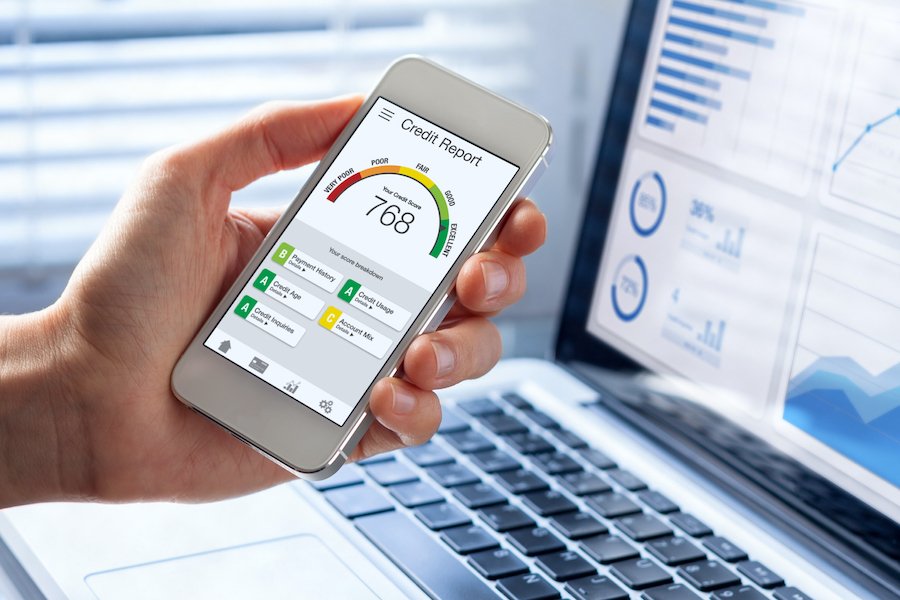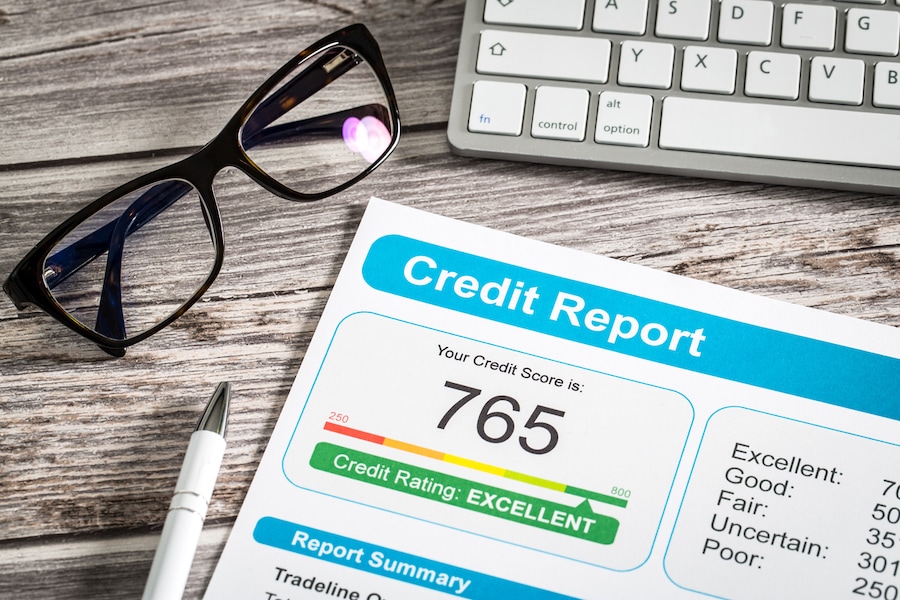
Many first-time homebuyers get approved for an FHA loan for their first mortgage, but when is it smart to refinance an FHA loan to a conventional mortgage? An FHA loan has strong advantages for first-time homebuyers like a low down payment, use of gifted funds, and flexible requirements to qualify. After a few years, though, you might be in a better financial situation with more options. Perhaps you have more home equity, a better credit score, higher income, or your career has taken off.
No matter the reason, if you have an FHA loan and you’re thinking about refinancing, this article is for you. So if you’re thinking about refinancing an FHA loan to a conventional loan, keep reading.
Advantages to Refinancing an FHA Loan to a Conventional Loan
If you have more than 20% equity in your home, stable income, and a good credit rating, refinancing to a conventional loan could save you a lot of money.
In short, conventional mortgages have more strict requirements to qualify, but they also have lower mortgage rates and more flexible loan terms. A conventional mortgage could help you eliminate mortgage insurance payments, secure a lower rate, and even pay off your loan faster. This could amount to thousands of dollars in savings for many homeowners today.
Learn the detailed benefits along with the pros and cons of conventional mortgage which we blogged about here.
Top Questions on Converting an FHA Loan to a Conventional Loan
As a preferred mortgage lender with branches across the country, we’ve been getting several questions about refinancing. Especially while mortgage rates stay low. Since FHA loans are among the most popular home loans for first-time homebuyers, it makes sense that refinancing to a conventional mortgage is at the top of the list. Here we go.
Should I refinance my FHA loan to a conventional loan? What are the benefits?
There are clear advantages to refinancing an FHA loan to a conventional loan. But it won’t make financial sense for every homeowner. Depending on your situation, these benefits are the most common:
1. Get a lower interest rate
FHA loans with an interest rate above 5% are above current market rates. Not only are market rates lower right now, but conventional mortgages typically offer the lowest rates available. Switching to a conventional mortgage may allow you to secure a lower interest rate and save thousands over the life of your home loan.
2. Secure a shorter loan term
Refinancing to a conventional mortgage gives homeowners the option to shorten the term of their mortgage. For example, you could switch from a 30-year mortgage to a 20-year or 15-year mortgage. By reducing your loan term, you can save thousands in interest and pay off your mortgage faster.
3. Eliminate mortgage insurance (MIP)
Homeowners with more than 20% home equity can eliminate PMI (private mortgage insurance) from their mortgage. If you have an FHA loan, you are required to pay MIP (mortgage insurance premium) for the life of the loan. This is a clear disadvantage since mortgage insurance is a sunk cost that doesn’t apply to principal or interest. Refinancing to a conventional loan could open the opportunity to get rid of mortgage insurance payments
Can you refinance an FHA loan to get rid of PMI?
Yes, but not always. Refinancing an FHA to a conventional mortgage won’t necessarily eliminate mortgage insurance. The magic number is 80%. Once you have at least 20% equity in your home (you owe less than 80%), conventional mortgages no longer require private mortgage insurance (PMI). In contrast, FHA loans require MIP (mortgage insurance premium) payments for the life of the loan. So, if you have more than 20% equity, it might be time to refinance.
RELATED: Looking to access your home equity? Check out: Equity Loan vs. Home Equity Line of Credit
Are there closing costs to refinance an FHA loan to a conventional loan?
The short answer is yes. If you’re refinancing an FHA loan to a conventional mortgage, there will be closing costs. In most cases, this will also include an appraisal fee. Generally speaking, you want to reduce your mortgage rate by at least 1% and eliminate mortgage insurance to make it worth the effort.
Closing costs could amount to several thousand dollars, so you want to make sure that refinancing to a conventional loan will save you money in the long run. In some instances, you can roll the closing costs into your new mortgage, which we blogged about here.
RELATED: The Truth About No-Closing Cost Loans
What documentation do I need to change my FHA loan to a conventional loan?
Applying to refinance your mortgage from an FHA loan to a conventional loan will require similar documentation to apply for most types of mortgages. Mortgage lenders want to assess your current financial situation and make sure you can pay your new mortgage on time. So you’ll need standard identification, income verification, employment status, a current credit report, and bank statements.
Working with a qualified mortgage advisor can help streamline the process and keep you on the fast track to getting your mortgage approved. Keep in mind that a conventional loan may not be the best fit. A mortgage expert can help you decide which path is best to refinance an FHA loan.
Drawbacks to refinancing an FHA loan to a conventional mortgage
The two main disadvantages to refinancing an FHA loan are closing costs and private mortgage insurance. First, closing costs include substantial one-time fees that may eclipse any expected savings. Second, if you don’t have at least 20% equity in your home, private mortgage insurance (PMI) will still be required with a conventional mortgage.
FHA Streamline Refinance: Top Alternative for Refinancing an FHA Loan
For many homeowners, qualifying for a conventional loan might not be possible. In other cases, you might qualify for a conventional loan, but it might end up costing you more to make the switch. In this case, the FHA streamline refinance is a great option for homeowners with a higher mortgage rate than current market rates.
The FHA Streamline is just what it sounds like: a streamlined process to refinance your FHA loan. Loan approval criteria are less strict, and most homeowners are not required to verify income, credit, or submit a home appraisal. This is a huge relief for many homeowners, and it keeps the cost of the refinance down as well.
FHA streamline refinance requirements:
- Current mortgage must be an FHA loan
- Mortgage payments must be current and on-time for the past six months
- There must be at least 210 days since your FHA loan initially closed
- Refinancing must result in a “net tangible benefit” such as a lower monthly payment
- FHA mortgage premiums will still be required
Worth noting, an FHA streamline refinance doesn’t allow homeowners to take cash out.
Working with a qualified mortgage advisor who understands your situation is the best decision you can make. An experienced mortgage advisor can recommend home loan refinancing options to save you money and keep the process stress-free.
Summary
Refinancing an FHA loan to a conventional loan can save you a lot of money, get rid of mortgage insurance, and even secure a lower mortgage rate. But it’s not the best solution for every homeowner. Pay attention to closing costs, the pros and cons of a conventional mortgage, and recommendations from a qualified mortgage advisor. Finally, make sure to check out the FHA streamline refinance, especially if you have less than 20% equity right now.
Next Steps
When you’re thinking about refinancing a mortgage, an experienced mortgage advisor can help you decide whether or not a conventional mortgage is the best option. Connect with a mortgage advisor to discuss your options and build a custom mortgage that saves you money. We’d love to help.







